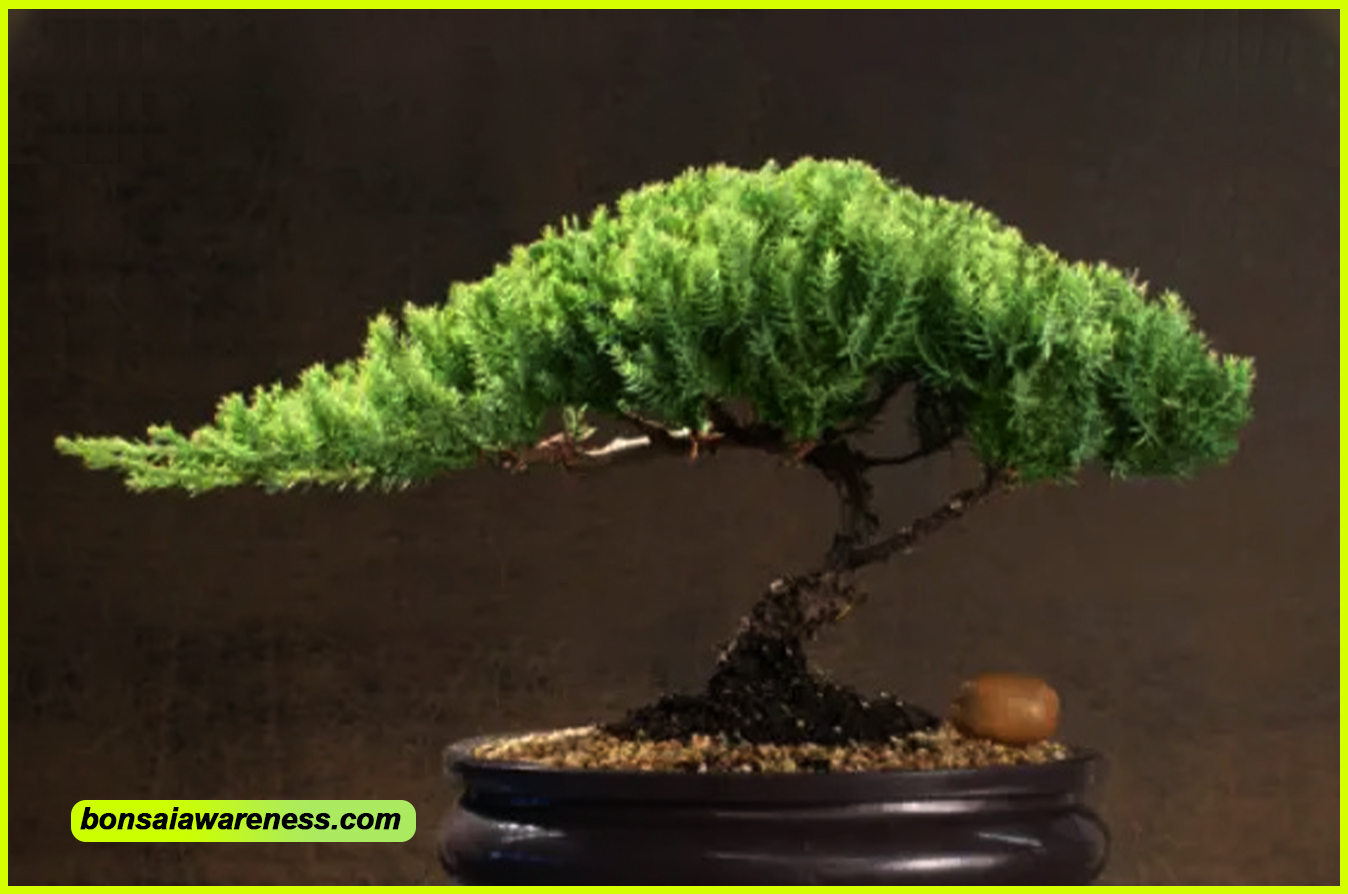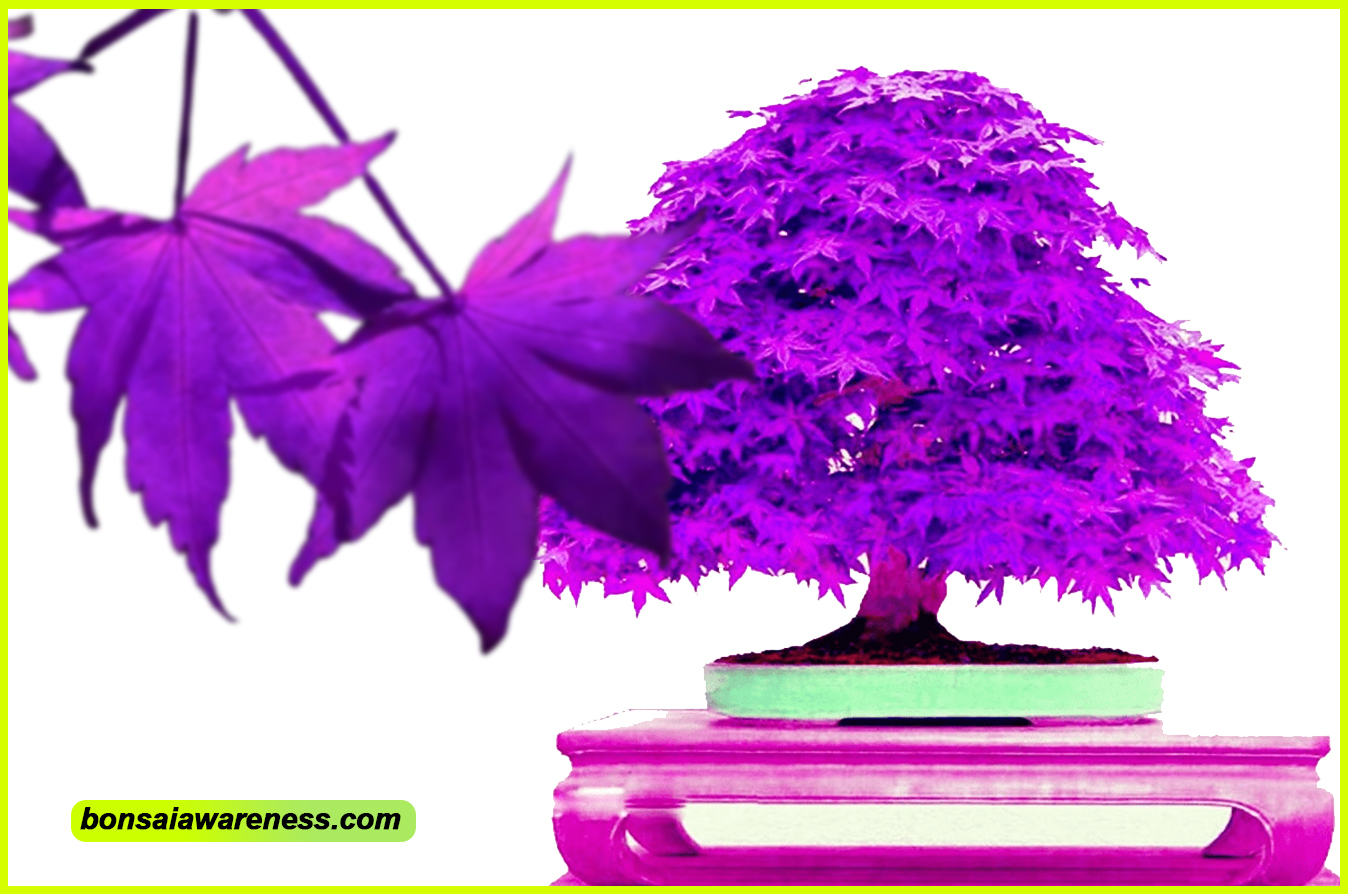Bonsais cost can vary greatly, but generally range from $20 to over $1000 depending on various factors. Bonsais are a fascinating and decorative addition to any space, with their miniature size and unique aesthetic appeal.
These small trees are carefully cultivated through the art of bonsai, a Japanese horticultural tradition that involves carefully shaping and pruning the tree to maintain its small size and artistic form. If you are considering adding a bonsai to your collection, you may be wondering about the costs involved.
Bonsais can range in price from as low as $20 to well over $1000, depending on factors such as the species of tree, the age and maturity of the bonsai, and the skill and expertise of the cultivator. We will explore the various factors that influence the cost of bonsais and provide some guidelines for setting a budget when purchasing one.
The Art Of Bonsai
Bonsai, the art of growing miniature trees, originated in Ancient China and later spread to Japan and other parts of the world. This ancient art form captivates enthusiasts and collectors alike with its meticulous attention to detail and expression of nature’s beauty in a small and controlled space.
The history of bonsai dates back over a thousand years. It was initially practiced by Buddhist monks who used bonsai trees as a way to cultivate a sense of harmony and balance. Today, bonsai has become a symbol of tranquility and an art form that requires skill, patience, and dedication.
Bonsai holds cultural significance in various societies. In Japanese culture, it symbolizes harmony, honor, and patience. In Chinese culture, it represents peace, balance, and longevity. Different styles and species of bonsai trees are associated with specific meanings, further enhancing their cultural and artistic value.
When it comes to the cost of bonsais, it can vary greatly depending on factors such as the species of tree, its age, size, and overall quality. Younger and smaller bonsai trees tend to be more affordable, while older and more mature specimens can be quite expensive. Collectors and enthusiasts often invest substantial amounts of time and money into their bonsai collections, considering them as invaluable pieces of living art.
In conclusion, bonsai is a captivating art form that has been cherished for centuries. It is an expression of our connection to nature and a reminder of the beauty that can be found in even the smallest of spaces.
Factors That Influence Bonsai Prices
Bonsai trees can vary in price depending on several factors, including their age and size. Older, more mature bonsai trees tend to be pricier due to the time and effort required to cultivate them. The size of the bonsai tree also plays a role, as larger trees require more maintenance and care. Additionally, the species and rarity of the bonsai tree contribute to its cost. Certain species or rare varieties of bonsai trees are considered more valuable and therefore come with a higher price tag. Finally, the quality and skill involved in the creation of the bonsai tree influence its price. Trees that have been meticulously pruned and shaped by skilled bonsai artists fetch higher prices in the market. Overall, the cost of bonsai trees can vary greatly depending on these factors.
Understanding Bonsai Prices
Bonsai prices can vary significantly depending on several factors. One of the main factors that cause price variations is the age and size of the bonsai tree. Younger and smaller bonsais tend to be more affordable, while older and larger ones can be quite expensive. The type of species also affects the price, with rare and exotic species commanding higher prices. Additionally, the bonsai’s overall health and its aesthetic qualities, such as the shape, style, and quality of the trunk, branches, and foliage, play a role in determining its value and price. When considering the price of a bonsai, it is important to assess these factors to determine the value for money. By understanding the range of bonsai prices and the factors that influence them, you can make an informed decision and find a bonsai that fits your budget and preferences.
Where To Buy Bonsais
Bonsai trees can be purchased from local nurseries or specialized bonsai stores. These places offer a wide variety of species, sizes, and ages to choose from. Online marketplaces also provide a convenient option for purchasing bonsais, offering competitive pricing and a broader selection. Bonsai enthusiasts should keep an eye out for bonsai auctions and shows as they can provide unique opportunities to acquire bonsai trees at varying price points. Each option presents its unique advantages and considerations for buyers to explore.
Caring For A Bonsai Tree
Bonsai trees come in a wide range of prices, ranging from $20 to several hundred dollars. The cost depends on factors such as the age, species, and quality of the tree.
When caring for a bonsai tree, it’s essential to have the proper tools and equipment, including pruning shears, wire cutters, and a watering can.
Proper watering and fertilization are crucial for the health of a bonsai tree. It’s important to water the tree when the soil feels dry and to use a balanced fertilizer during the growing season.
Pruning and shaping techniques are important to maintain the desired appearance of a bonsai tree. This involves regular trimming of the branches and roots, as well as wiring to guide the tree’s growth.
Frequently Asked Questions On How Much Do Bonsais Cost
How Much Should I Pay For A Bonsai?
Bonsai prices vary, depending on factors like size, age, species, and where you buy it. It’s best to set a budget and research options online or at local nurseries to find a bonsai that fits your price range and preferences.
Remember to consider ongoing care costs as well.
How Much Is A 25 Year Old Bonsai Tree Worth?
A 25-year-old Bonsai tree can vary in price depending on factors like species, size, and quality. Generally, you can expect to find them priced around $200 to $500 or more. It’s always best to check with reputable nurseries or Bonsai specialists for more accurate pricing information.
Is Bonsai An Expensive Hobby?
Bonsai can be an expensive hobby due to the costs of purchasing trees, tools, and materials. Prices can vary based on the type of tree and its age, but overall, bonsai is known for its investment nature.
Are Bonsai Trees Worth It?
Bonsai trees are worth it because they are beautiful, unique, and can bring a sense of peace and tranquility to your space. They require careful attention and skill to maintain, but the satisfaction and joy they provide justify the effort.
With proper care, bonsai trees can last for generations, making them a worthwhile investment.
Conclusion
The cost of bonsais varies depending on various factors such as the type, size, age, and where you purchase it from. Online retailers and local nurseries offer different price ranges, so it’s important to research and compare options. Ultimately, investing in a bonsai is not only about its price, but also the joy and tranquility it brings as a living art form.
Take the time to find the perfect bonsai that fits your budget and personal preferences.


Leave a Reply